Thriving Communities, Healthy Landscapes
We're helping more than two million farmers embrace more sustainable growing practices that can help build resilience to climate change and boost yields.
Home / Issues / Livelihoods / Page 21
Across the tropics, farming and forest communities face a daily struggle to cover life’s basic needs. Breaking the cycle of rural poverty—and tackling the ensuing impacts for people and nature—is critical for a more sustainable future for us all.
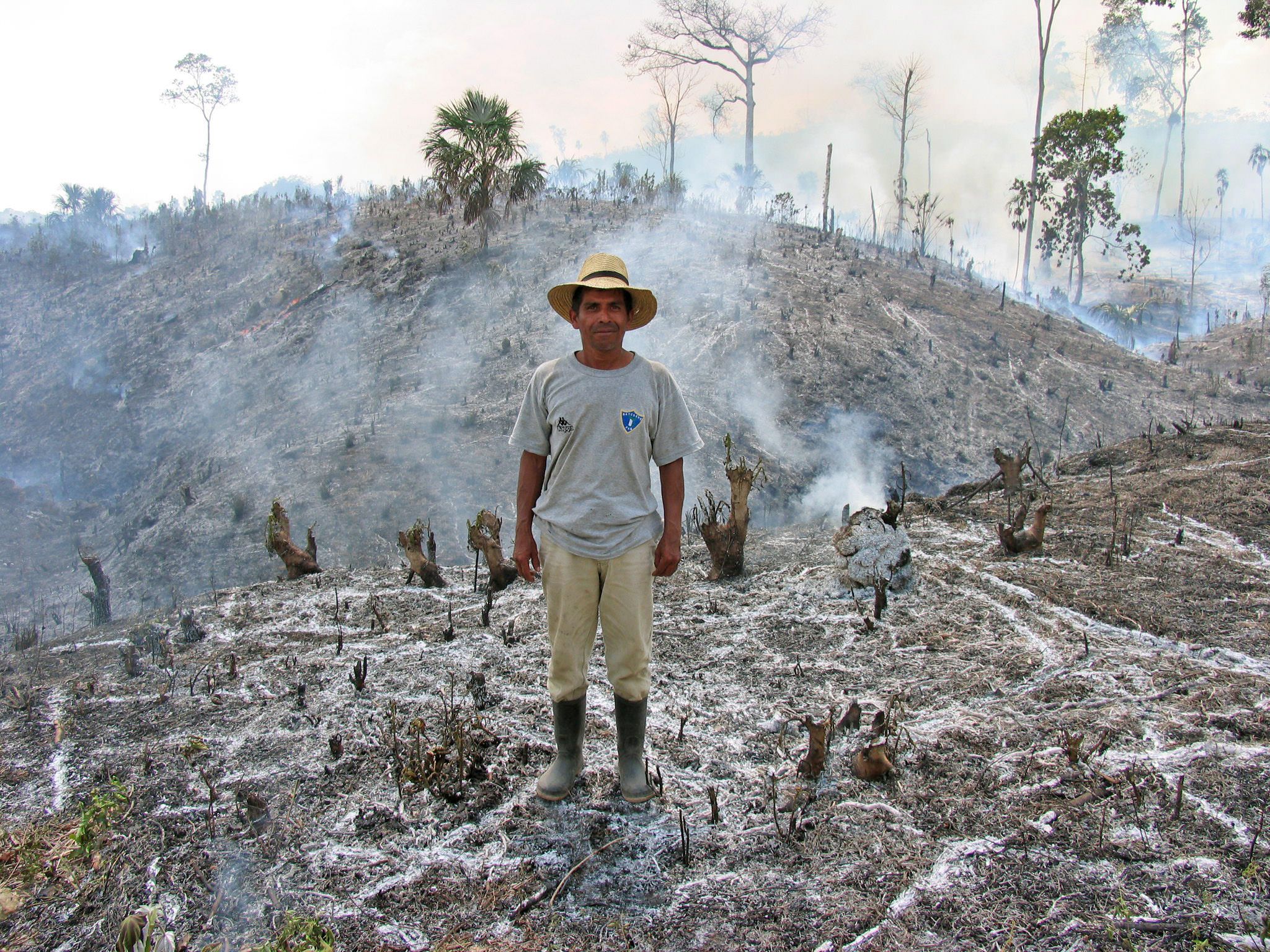
Rural poverty is at the root of many of our most pressing global challenges, from child labor and poor working conditions to deforestation for agricultural expansion. Economic desperation exacerbates these complex issues, which are deeply embedded in global supply chains. The result is a vicious cycle of environmental destruction and human suffering.
Our work to cultivate rural prosperity brings real, measurable benefits for farmers, forest communities and Indigenous peoples around the world.
![]()
earned by our Maya Biosphere Reserve community partners from 2013-2021*
The Rainforest Alliance has been working with the community forestry concessions in Guatemala’s Maya Biosphere Reserve since 1999—helping to develop thriving forest enterprises based on the responsible harvesting and processing of non-timber forest products (such as nuts and palm fronds), in addition to timber for export, according to the rigorous standard of the Forest Stewardship Council (FSC).
*2013-2021 earnings from 100+ small and medium-sized forest-based businesses in the community concessions of Guatemala’s Maya Biosphere Reserve.
![]()
on West African small-scale certified farms*
In 70 countries, farmers are trained in more sustainable practices that boost climate resilience, conserve biodiversity, and promote worker wellbeing—while also helping to increase productivity and improve their incomes. Learn more
*Three studies published in 2018-2020 reveal that income from cocoa production is 40% higher on average on Rainforest Alliance and UTZ Certified farms in Ghana and Cote d’Ivoire, compared to non-certified farms:
The Rainforest Alliance partners with frontline communities to build thriving rural economies rooted in more sustainable growing practices and forest stewardship. We also promote responsible business practices to ensure that companies recognize and reward sustainability transformation—in the field as well as the boardroom.
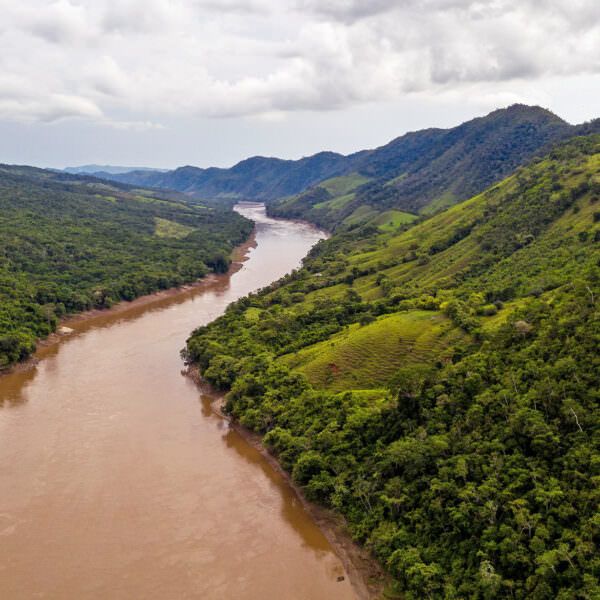
We're helping more than two million farmers embrace more sustainable growing practices that can help build resilience to climate change and boost yields.
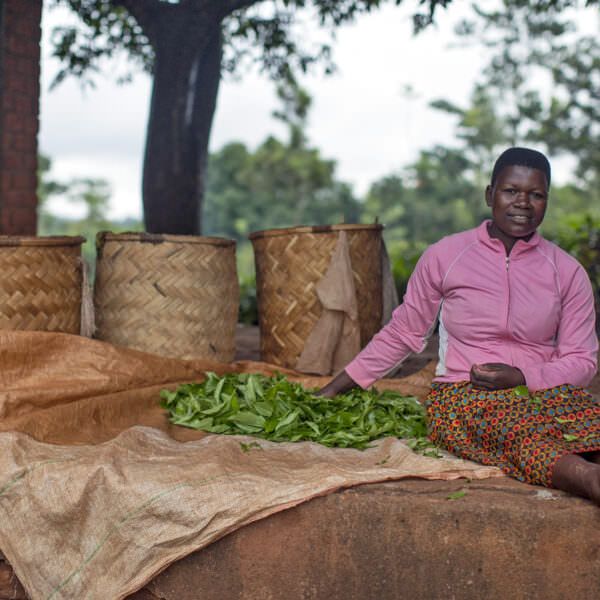
To improve rural livelihoods, we foster deep collaboration between farmers, civil society organizations, companies, and governments.
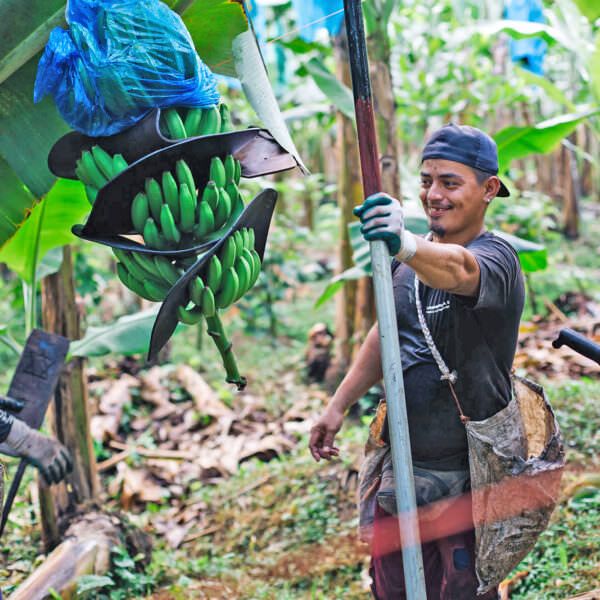
The Rainforest Alliance believes that workers around the world should be paid enough money to provide a decent life for themselves and their families.
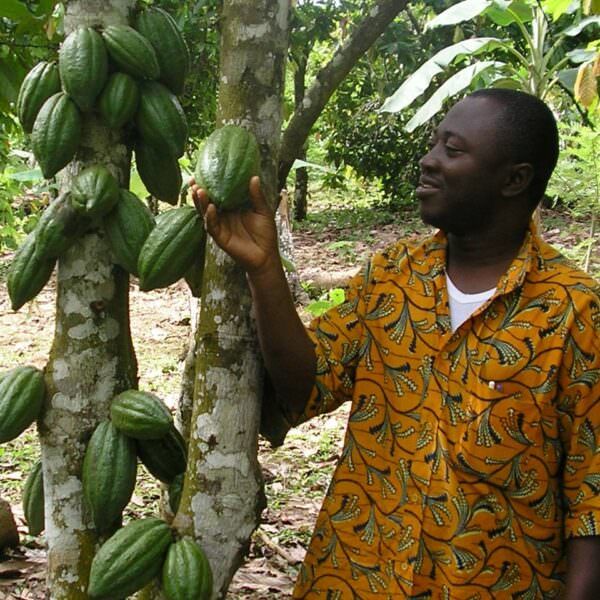
At the Rainforest Alliance, we believe in a shared responsibility approach that encourages companies to do their part in ensuring a living income for farmers. This is the basis of our initiatives, the Living Income Module and the Living Income Fund.

The Business Case and Investment Opportunities for the Public and Private Sectors to Restore Degraded Ranching Lands In Ecuador, Colombia, Brazil, and across the Amazon, there is a growing trend to restore degraded lands to productive uses as part of the agendas for national economic development and climate change mitigation.

In this first-ever SAN/Rainforest Alliance Impacts Report, we summarize the effects of SAN/Rainforest Alliance farmer training and certification through an exhaustive review of nearly two dozen scientific studies and the audit data from over 200 certified farms and farmer groups. After presenting a global snapshot of the scope and geographic distribution of certified farms, the […]

The livelihoods of more than 25 million people in the tropics depend on coffee, one of the world’s most widely traded commodities. Coffee is farmed on approximately 12 million hectares worldwide, an area nearly the size of England. In Latin America, producers traditionally grew coffee under the canopy of old-growth forests. As logging, cattle grazing, […]

In this PhD dissertation, Rebeca de Jesus Crespo of the University of Georgia evaluates the impact of coffee agroforestry on high elevation streams in Costa Rica, assesses the effects of shade tree cover requirements on water quality, and makes recommendations for maximizing the effectiveness of NGO-academia partnerships.

Producers’ perceptions of costs and benefits play an important role in the motivation to become and stay certified. This study of the short-term, economic costs of the investments, in light of the price premiums paid for Rainforest Alliance Certified coffee, indicates how compliance costs may be favoring or hindering growth. It reveals a complex cost-benefit […]

Based on seven case studies, this chapter explores the motivations of companies pursuing landscape initiatives at the production level, and shares insights into the role of production standards and certification as a tool to implement ILM. This chapter further explores the interplay between certification standards and landscape approaches, methods and barriers to increase uptake and […]